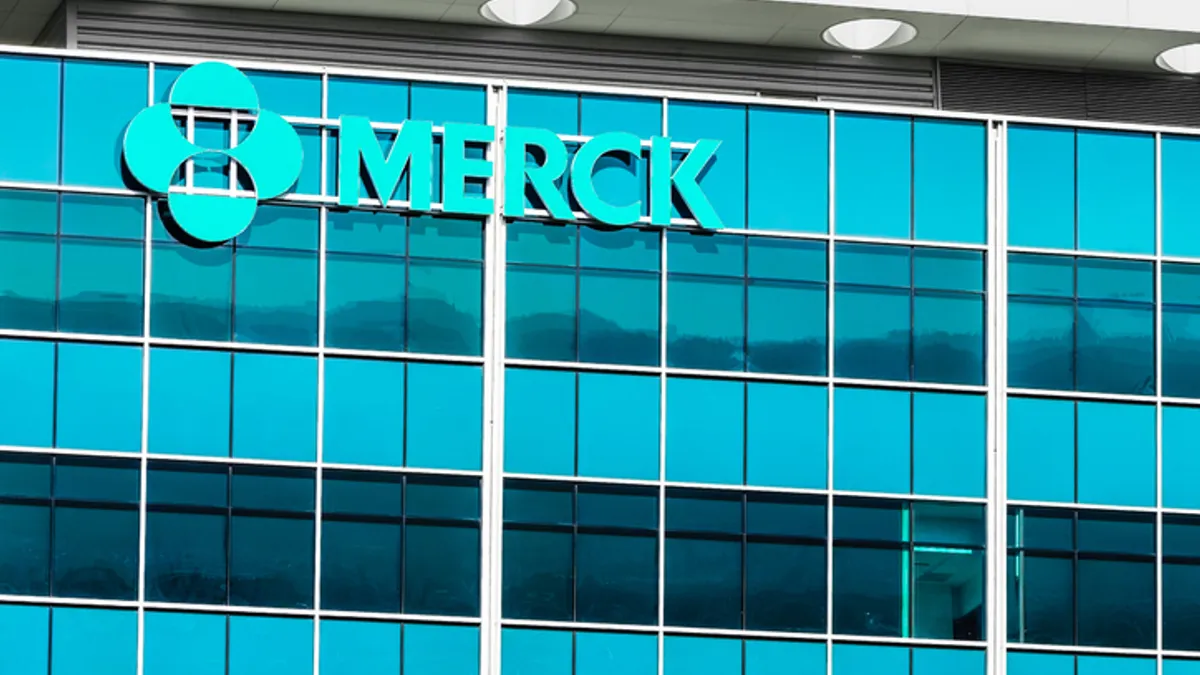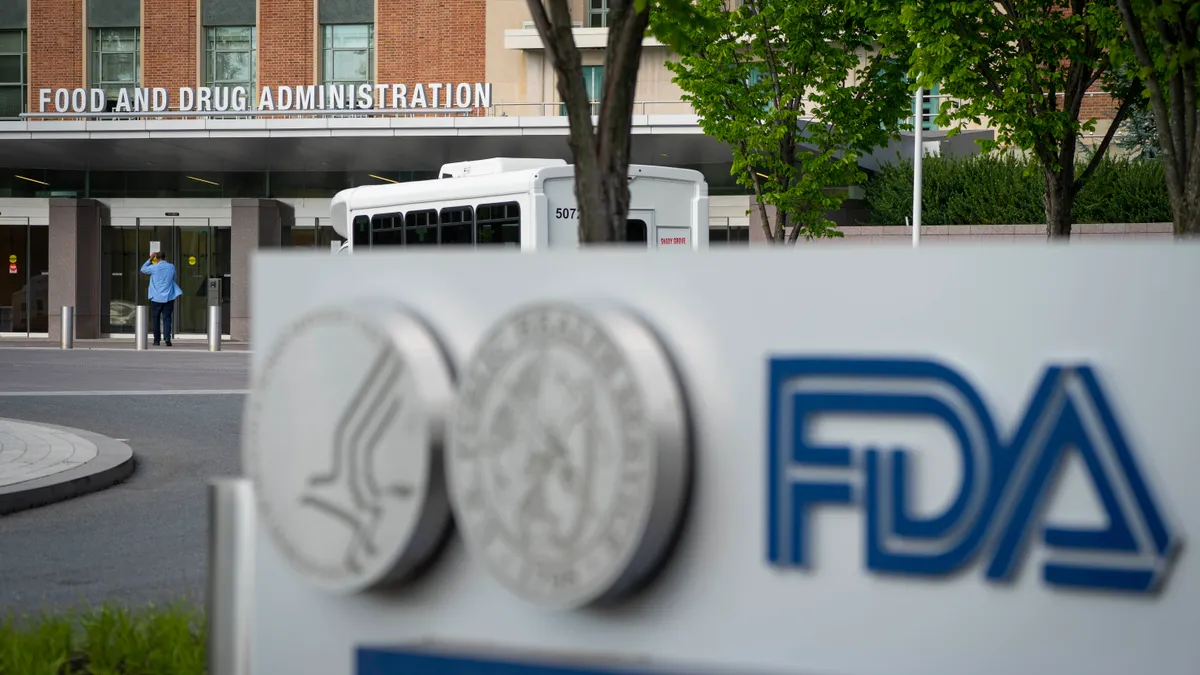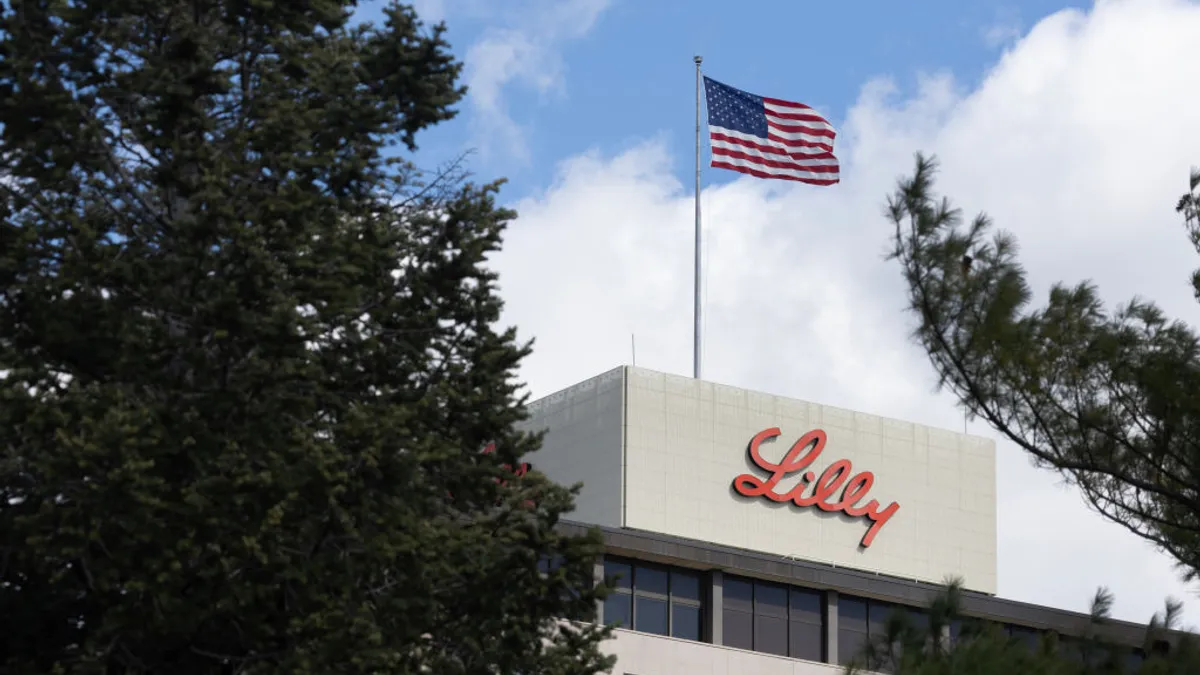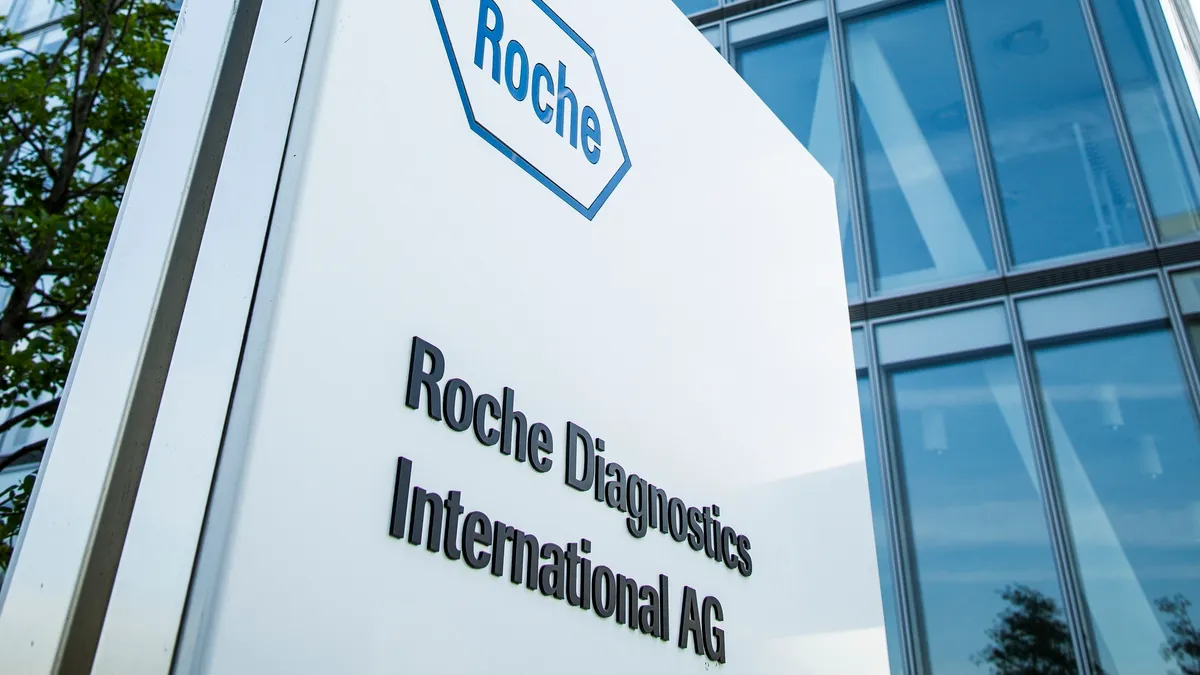Just two years ago, there were no vaccines approved to prevent respiratory syncytial virus — now there are three RSV shots in circulation. But for decades, while vaccine development faltered, the direct use of antibodies was the only way to prevent the highly contagious disease, especially in vulnerable infants — and that strategy is still in play.
This week, The FDA accepted Merck & Co.’s biologics license application for the monoclonal antibody clesrovimab, which works differently from a vaccine but also provides protection against RSV. The agency has slated a June 2025 decision date.
From a treatment perspective, the market is split between pediatric use and older adults, both of whom are susceptible to the virus. Merck, aiming for pediatric use, would still join a wider market with the three new vaccines made by Pfizer, GSK and Moderna, as well as earlier monoclonal antibodies like Synagis and Beyfortus.
Here’s how the RSV prevention landscape came about and why companies in the market have struggled to find their footing despite public health needs.
Antibodies to vaccines, and back again
Before vaccines or monoclonal antibodies entered the scene, infants at high risk for RSV were given human-donated immunoglobin treatments as a short-term immunization. But the burdensome intravenous administration and cost of the procedure was prohibitive to widespread use.
Then came the monoclonal antibody Synagis in 1998, developed by MedImmune, a biotech now fully integrated into AstraZeneca. Easier to administer and more effective than immunoglobin treatment, the “passive prophylaxis” was more costly and required four injections compared to a potential one-shot seasonal vaccine — but without that option, studies suggested Synagis was beneficial to children at risk of the respiratory disease, nonetheless.
With no new RSV prevention options approved for more than 20 years, GSK broke the mold with the vaccine Arexvy in May 2023, this time for adults over the age of 60. There are up to 120,000 hospitalizations of older adults with the virus in the U.S. each year, and as many as 10,000 deaths have been recorded annually by the CDC.
That’s when the floodgates opened.
Pfizer entered the RSV vaccine arena shortly after GSK with its shot Abrysvo approved at the end of May 2023 for patients older than 60 and then shortly thereafter for pregnant women to protect against the virus in infants, who had only been served by injected antibodies before. This year the approval expanded to adults 18 to 59 years old, a less susceptible population, but one that had gone unprotected prior.
Meanwhile, in another step up for monoclonal antibodies, Sanofi and AstraZeneca’s Beyfortus gained approval in July last year, granting broader protection for children less than 2 years old with or without specific health conditions and improving upon the efficacy of Synagis.
And then Moderna intensified the competition with an mRNA vaccine mResvia approved in May this year. Only the company’s second product following massive success (and decline) of the COVID-19 shot, mResvia joined the market for adults 60 and older.
Just this week, though, Moderna hit a roadblock in its efforts to bring mResvia to pediatric patients. Safety concerns raised in an FDA briefing report led the company to halt a trial after babies receiving the vaccine were more likely to show severe infections than those in the placebo group.
As for Merck, taking pediatric RSV protection back to a monoclonal antibody fits the company’s modus operandum — after all, the pharma giant leads in oncology with Keytruda, a monoclonal antibody approved for dozens of cancer indications. With a potential upcoming approval in place, Merck is gunning for a rollout in the 2025 respiratory season.
Financial uncertainty
Despite the sharp spike in approvals for vaccines and antibodies in recent years, companies have had a harder time finding financial footing in the RSV space — even after a strong start.
For example, GSK’s Arexvy became a blockbuster in its first season on the market, but the third quarter of this year brought in sales of only $238 million, a sharp decline of 73% from the same quarter a year ago. This drop stemmed from more restrictive recommendations for the older age group, the company said in its earnings report.
Pfizer faced a similar problem with regulatory uncertainty among older adults, but has pointed to a potential upswing for Abrysvo down the road since it has expanded use to younger adults and is the only vaccine for pregnant women. Sales have been a little more consistent for Pfizer, with $356 million in the first three quarters compared to $375 million in the same period in 2023.
Monoclonal antibodies are a little different from vaccines in how they’re marketed, and they tend to run up a higher cost. For Sanofi, Beyfortus brought in $700 million in just the third quarter this year, which surpassed analyst expectations for a 381% increase from last year.
That could bode well for Merck’s own entry into the market next year, if it comes to pass.





















